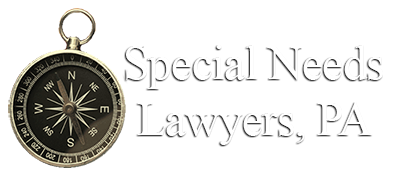 Medicaid Income and Asset Limits for Long Term Care updated January 1, 2018
Medicaid Income and Asset Limits for Long Term Care updated January 1, 2018
Each year under Federal and State Law the Income and Asset limits determining Medicaid eligibility are updated. SSI (Supplemental Security Income) programs include Medicaid programs for individuals that are 65 years or older or disabled. The Financial Standards list is available at: http://www.dcf.state.fl.us/programs/access/docs/esspolicymanual/a_09.pdf.
BASIC REQUIREMENTS FOR SMMC LONG TERM CARE and PACE APPLICANT:
- Must be 65 years of age or blind or disabled (18 years of age or older) for SMMC long term care.
- Must be 55 years of age, disabled if under 65 and live in Pinellas County for the PACE program.
- S. Citizen or a qualified alien.
- Must have a Social Security number or file for a Social Security number.
- File for all benefits you may be entitled.
- Assign rights to State of Florida to collect private health insurance benefits.
- Florida resident, anyone residing in a nursing home or assisted living facility that is certified for Medicaid is considered to be a resident of Florida.
- Determined by the Department of Elder Affairs CARES office that you meet the level of care required. (Form 3008 must be completed). For assisted living care (ALF care) a form 1823 must be completed by the applicant’s physician prior to admission. The requirements for assisted living are documented in the Florida Administrative Code at http://florida.eregulations.us/rule/58a-5.0181.
- Asset Limit of $2,000 ($5,000 if the applicant’s gross income is $885 per month or less). If married the community spouse must meet the asset limit of $123,600.
- Monthly Gross Income Limit of less than $2,250. A Qualified Income Trust or Pooled Trust must be established to become eligible for Medicaid if the gross income exceeds this limit.
INCOME NOT INCLUDED IN THE $2,205 INCOME LIMIT:
- VA Aid and Attendance.
- VA Un-reimbursed Medical Expense payments.
- Life Insurance dividends.
Income Considerations:
- The applicant for Nursing Home care is allowed to keep $105 of their income for personal expenses; this is known as the Personal Needs Allowance. (Some individuals who receive VA Aid and Attendance Benefits are allowed to keep an additional $90).
- The amount of income the applicant is allowed to keep for personal needs for other Long Term Care programs fluctuates.
- If the applicant is paying for a supplemental insurance policy, the amount of the premium will be deducted from the patient responsibility calculation.
- If the applicant has a community spouse, he/she may be eligible for a community spouse income allowance. Medicaid will review the income and expenses of the community spouse (rent, mortgage payment, condominium maintenance fee, property taxes, homeowner’s insurance, and a standard utility allowance of $347) and determine if any of the applicant’s income can be paid to the community spouse.
- If the applicant has a minor or dependent adult child, dependent parent, or dependent sibling, a family allowance may be permitted. The family member must be living with the community spouse.
- If there is not a community spouse, there may be an income allowance for unmarried children under the age of 21 or disabled adult children.
- If the applicant or the applicant’s deceased spouse is a Veteran, he/she must apply for Veteran benefits.
